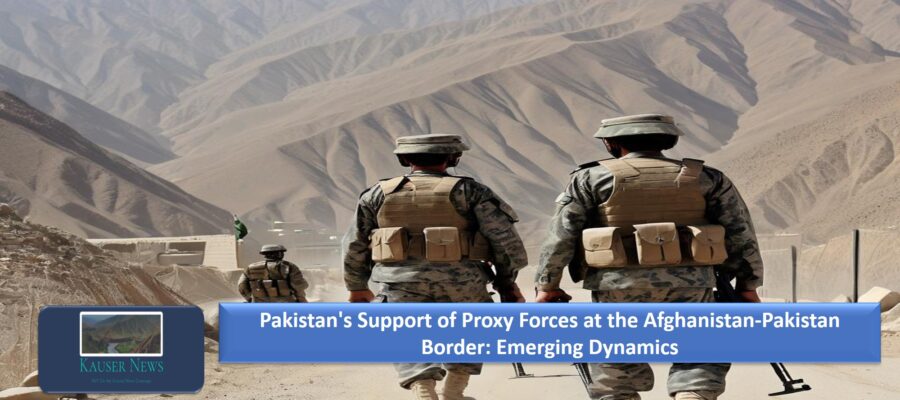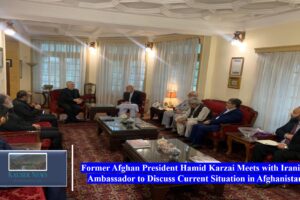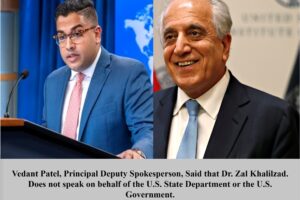Kauser News Counter-Intelligence Research Department Report
A recent investigation by the Kauser News Counter-Intelligence Research Department has uncovered documents suggesting that Pakistan’s Inter-Services Intelligence (ISI) is actively supporting and recruiting proxy forces along the Afghanistan-Pakistan border. This strategic maneuver appears aimed at positioning these forces as an alternative to the Taliban in Afghanistan, potentially altering the region’s power dynamics by 2025.
According to the obtained documents, the ISI is allegedly involved in a dual strategy. On one hand, they are facilitating the recruitment of individuals from both Afghanistan and Pakistan to challenge the Taliban’s dominance. This initiative seeks to create a robust opposition force capable of countering the Taliban’s influence in Afghanistan. On the other hand, the ISI is purportedly providing support to ISIS-K (Islamic State Khorasan Province) in northern and western Afghanistan, further complicating the regional security landscape.
The dual approach of supporting an alternative force to the Taliban while simultaneously backing ISIS-K suggests a calculated effort by Pakistan to maintain leverage in Afghanistan. By cultivating multiple proxy groups, the ISI aims to ensure that no single entity monopolizes power, thereby preserving Pakistan’s strategic interests in the region. This approach could lead to a fragmented and unstable Afghanistan, with various factions vying for control, ensuring that Pakistan remains a key player in the country’s future.
The emergence of new proxy forces could significantly impact the stability of Afghanistan and the broader region. If these groups gain traction, it could lead to increased violence and a protracted conflict, undermining efforts to establish peace and stability in Afghanistan. Furthermore, the support for ISIS-K poses additional risks, as the group has a history of executing high-profile attacks and could exacerbate the security challenges faced by the Afghan government and international forces.
Sources confirm that this new strategic game plan by Pakistan is set to unfold fully by 2025. This timeline suggests a methodical and long-term approach by the ISI to reshape the power dynamics in Afghanistan. The revelation of these plans underscores the complexity of regional geopolitics and the intricate web of alliances and enmities that define the Afghanistan-Pakistan border area.
The Kauser News Counter-Intelligence Research Department’s findings highlight a significant shift in Pakistan’s strategy toward Afghanistan. By supporting and recruiting proxy forces, including potential collaboration with ISIS-K, Pakistan appears to be positioning itself to influence the future of Afghanistan in a profound way. As the situation develops, it will be crucial to monitor these proxy forces’ activities and their impact on the region’s stability and security. The international community must remain vigilant and proactive in addressing the emerging challenges posed by these dynamics to ensure a peaceful and stable Afghanistan.





